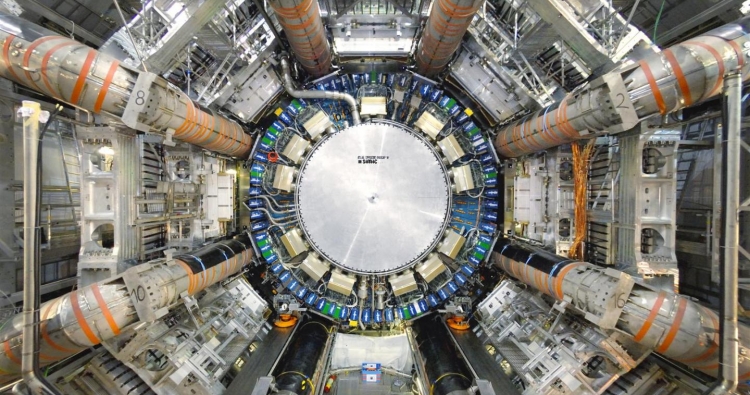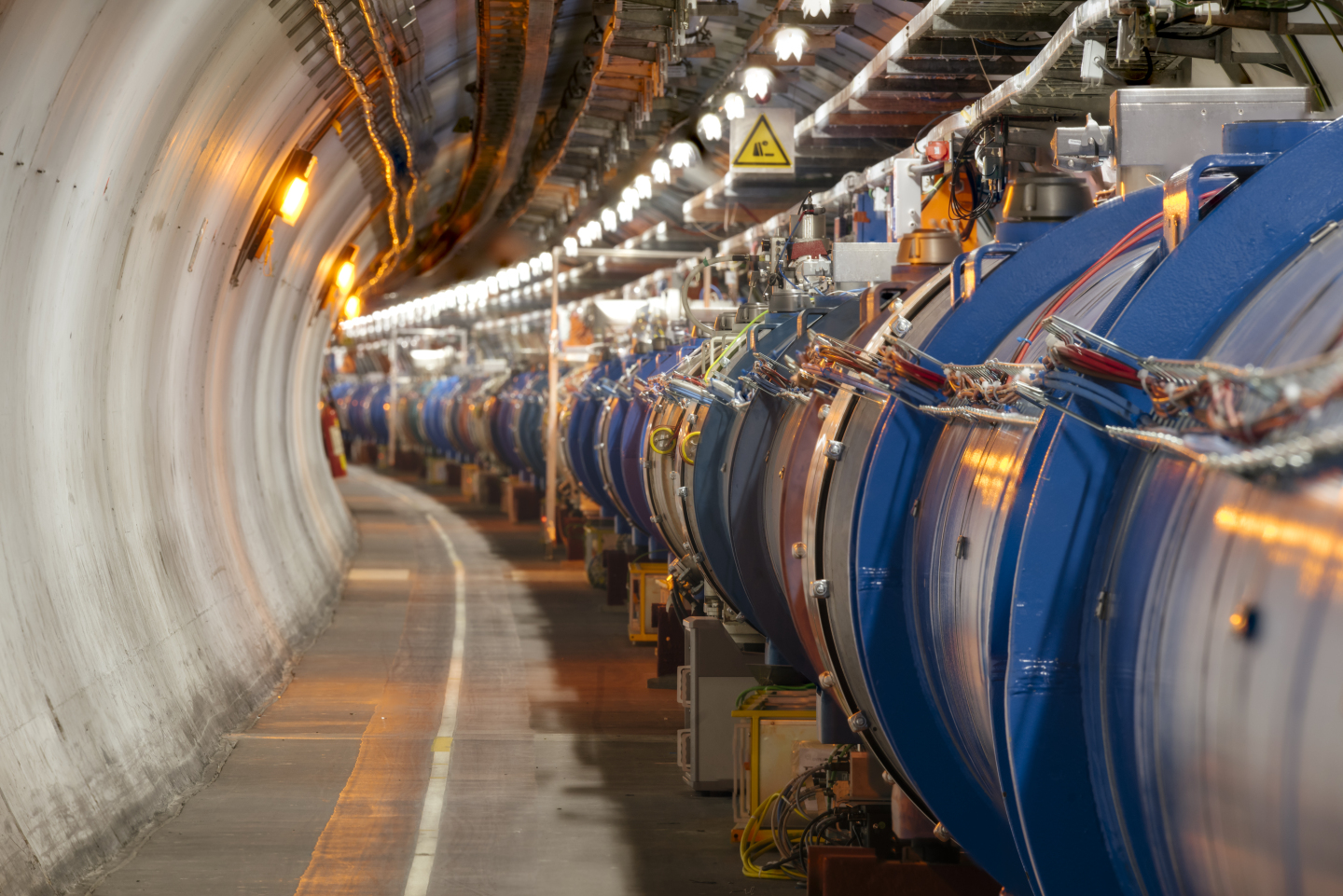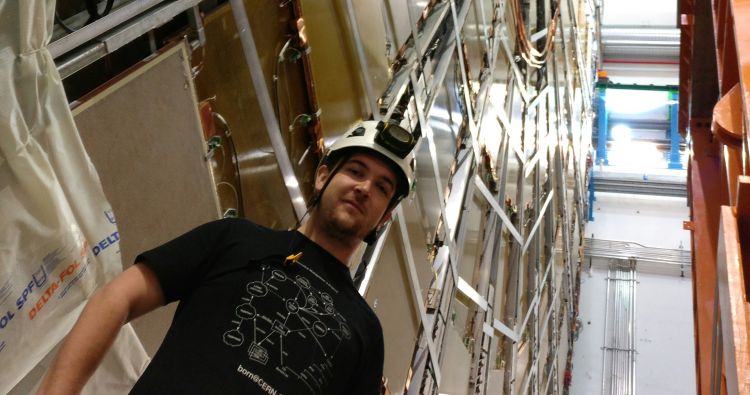Jamie’s top tips for a career in science
- ‘Take the subjects you enjoy’. Absolutely great advice, just remember that doesn’t always lead where you think it will. My physics and graphic design courses set me up well for a career in engineering, something I hadn’t actually considered before.
- Consider all the options. Make sure you end up leaving school the way that’s best for you. In my case, when all my friends went off to university, I found the best way for me was an apprenticeship. You can always go on to study for a degree later on in life, if it's something you want to do.
- Have a good look around at what’s available. There are plenty of job fairs and career events that feature great apprenticeships and universities around the UK. Check the list for the areas you’re interested in and have a really good chat with the people at those stalls. Did any of them get you excited about their company or university? Did it spike your interest?
- Take your work home with you! This doesn’t mean stealing anything that's not bolted down. I’m asking if you have any hobbies at home that translate well into a professional field? My friends and I spent a lot of time taking apart and fixing our cars and had a lot of fun in the process. We’re now all mechanical engineers!
- Never turn down an opportunity. Just be aware they often come in disguise!
Summarise the impact your job has on everyday life
Everyday impacts from high energy physics are often difficult to describe so directly, but the building and running of the Large Hadron Collider (LHC) itself has created so many new technologies in order to solve issues that had never come up before. The technologies we create, however, often go on to do incredible things: the World Wide Web is one of our most famous creations, which in turn led to massive advancements in grid computing on the cloud. CERN itself also acts as a beacon for international collaboration, providing a model for what can be achieved through working together. And I am just one of many people here at CERN advancing their field through development of technology, often making small steps but sometimes creating something that will change everyone’s lives for the better.
What’s the best thing about your job?
Just like everyone else, I get up and go to work. I’m good at what I do and not everyone can say that they absolutely love their job! Every day I am doing something different, I move about different locations performing different things. Some days I walk into work, be it my assembly hall where I build the large detectors, or I enter the underground area of ATLAS for maintenance, and I stop. I look up with childlike wonder at this incredible machine, in both sheer size and complexity. A testament to what we as humans can achieve, and a prime example of the importance of international collaboration. After three years of working here I still find it amazing!
What did you study at school?
At A-Level I studied Physics, Chemistry and Graphic Design, however I really wish I’d taken French too! I never dreamed I’d live in France, work in Switzerland and spend all day using only French. Fair to say hindsight is 20/20…
What inspired you into a career in science / engineering?
Two things inspired me, both on my physics A-level. The first was a unit called ‘turning points in physics’; this unit followed the methods used by physicists to determine some very important discoveries, such as the charge of an electron, the speed of light and sound etc. This triggered my intrigue into scientific research. The following year we had the opportunity to visit the Rutherford Appleton Laboratory (RAL), specifically the new Diamond Light Source (DLS). This trip, seeing the experiments, the people working on them and the goals they were trying to achieve definitely turned me onto working in these types of high energy physics laboratories. I told my teacher then and there that I would love to work in these kinds of institutions. Two years later I became an apprentice, working at RAL and DLS on the experiments, and a few years after that I invited that same physics teacher to my new workplace at CERN to show him that I had made it thanks to his course.
ATLAS - CERN

ATLAS is one of the four main experiments at the Large Hadron Collider at CERN. There are over 3000 physicists, engineers, technicians and support staff from 38 countries who work on the ATLAS detector, some of which are funded by STFC.
ATLAS is a general purpose detector designed to investigate a wide range of physics including supersymmetry, extra dimensions and particles that could make up dark matter.

